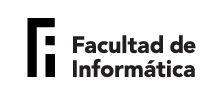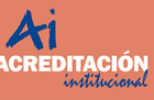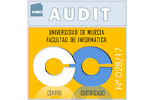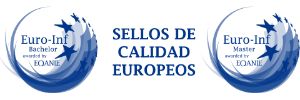Brief History
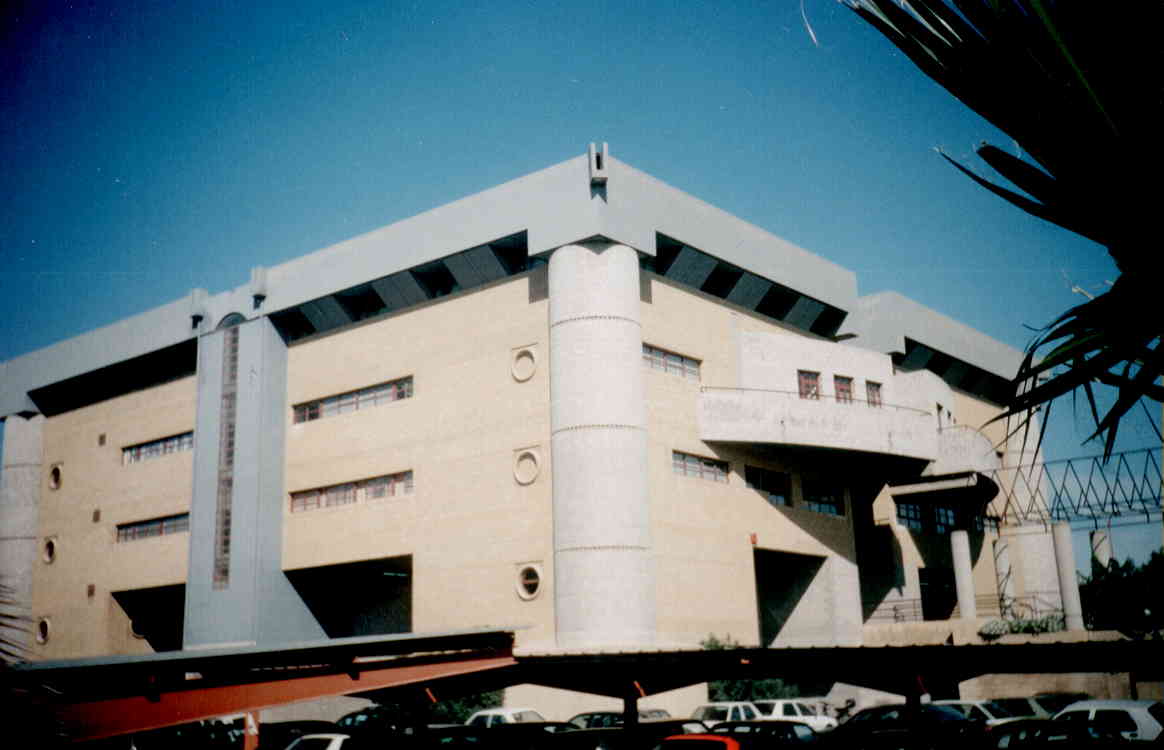
The University of Murcia started to teach a 3-year Computer Science degree in 1983-84 in the School of Computer Science. Since most of the students used to continue their studies in a different university to get a 5-year degree, the University of Murcia created the Faculty of Computer Science in 1990 and the 5-year degree was taught for the first time in 1991-92. In 1993, both the School and the Faculty were merged, so the Faculty of Computer Sciences was in charge of teaching both degrees. Both were undergraduate programmes, although the 3-year degree might be considered equivalent to a BSc with the 5-year one equivalent to a MSc. The structure of the degrees taught by the Faculty changed in 1994-95. Then, the undergraduate studies were organized in the Technical Computer Engineering (3 years) and the Computer Engineering (5 years). The Technical Computer Engineering was structured as two degrees with different professional profile: management and systems. The staff of the Faculty has also offered high quality PhD programmes, which have deserved the quality stamp awarded by the Spanish Government. These programmes cover hot research topics in ICTs.
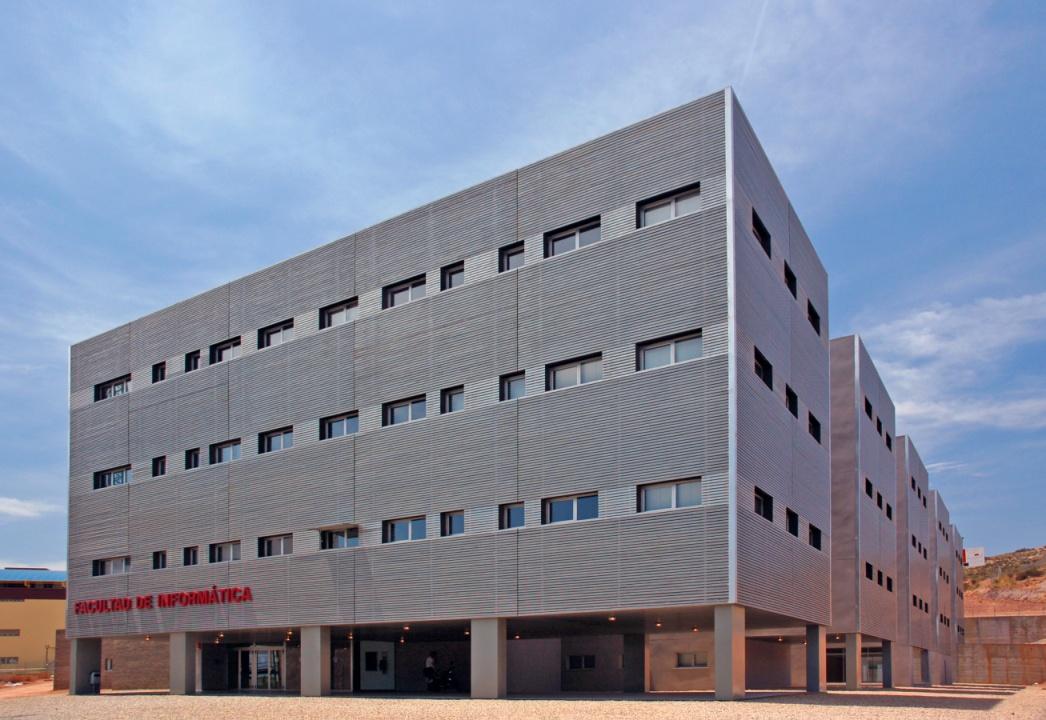
The above picture depicts the original building of the Faculty of Computer Science. Due to the increasing relevance of computing studies in the University of Murcia and in the society, the Faculty needed more material resources to accomplish its social mission, so a new building was built. Along this lines, the photo shows the building used by the Faculty since 2006. This constituted a new era in the history of the Faculty, since it happened simultaneously to the development of the European Higher Education Area (EHEA). Complying with EHEA, our study programmes are comprised of a single multidisciplinary four-year undergraduate degree, namely, the BSc in Computer Engineering (240 ECTS), and two one-year master degrees, namely, MSc on New Technologies in Computer Science (60 ECTS) and MSc on Big Data (60 ECTS). In order to ensure the quality of our programmes, these are always designed by taking the ACM/IEEE recommendations into account. Both, the BSc in Computer Engineering and the MSc on New Technologies in Computer Science hold the Euro-Inf Quality Label, which is awarded by the “European Quality Assurance Network for Informatics Education” (EQANIE) to degree programmes at Bachelor’s and Master’s level that comply with the Euro-Inf Framework Standards and Accreditation Criteria.
